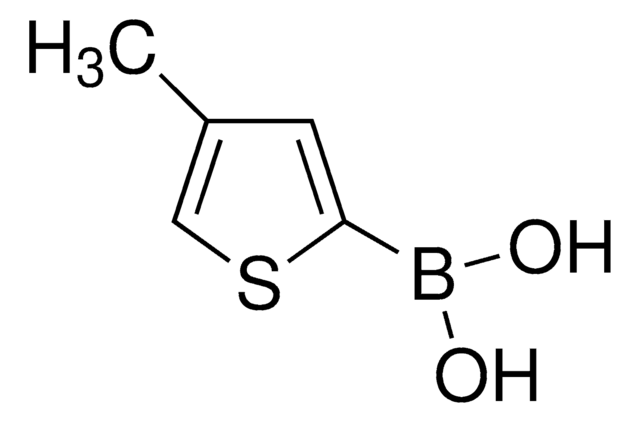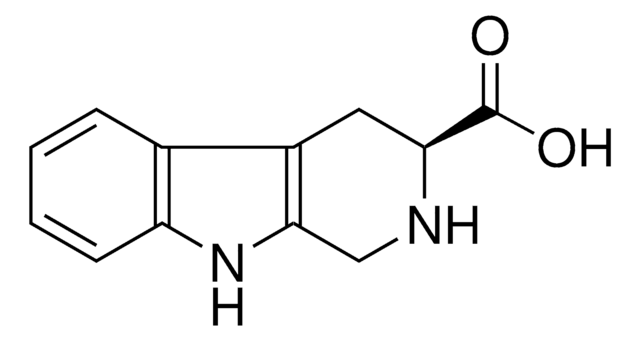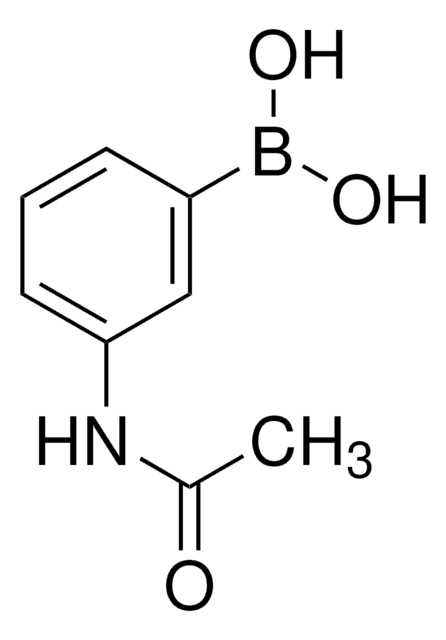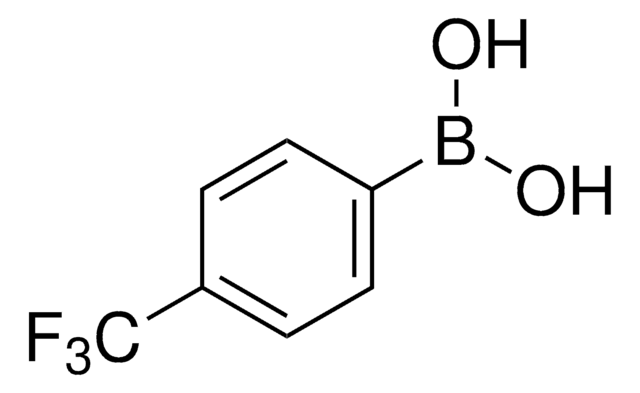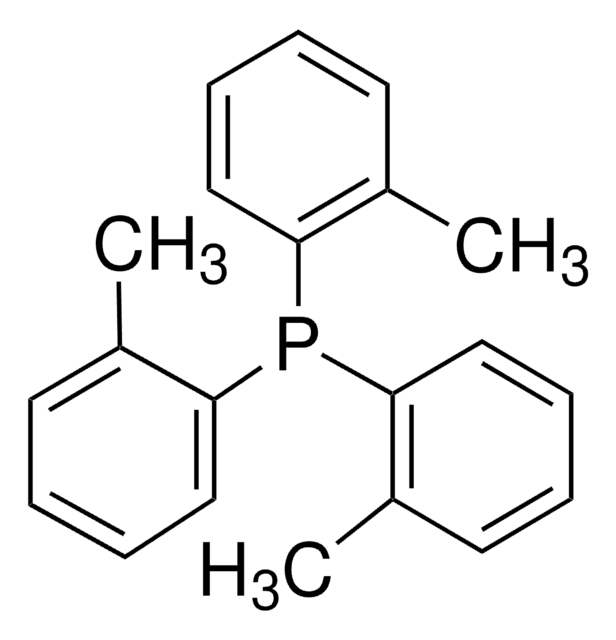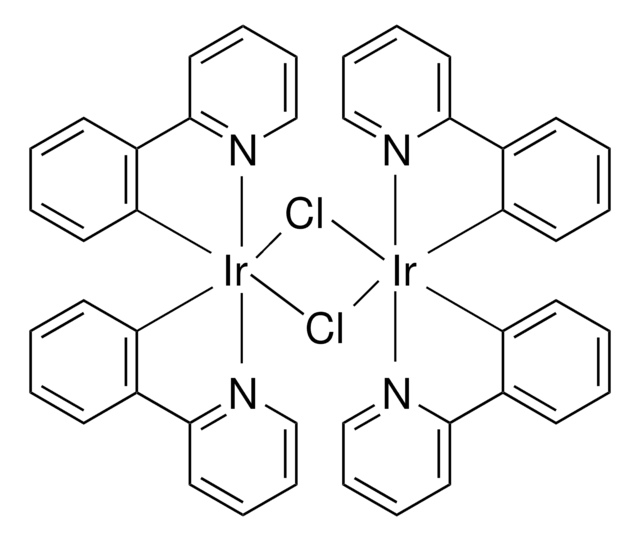Alle Fotos(2)
Wichtige Dokumente
913391
2-[2-Fluoro-4-(trifluoromethyl)phenyl]-5-(trifluoromethyl)pyridine
Synonym(e):
FCF3(CF3)ppy
Anmeldenzur Ansicht organisationsspezifischer und vertraglich vereinbarter Preise
Alle Fotos(2)
About This Item
Empirische Formel (Hill-System):
C13H6F7N
CAS-Nummer:
Molekulargewicht:
309.18
UNSPSC-Code:
12352200
Empfohlene Produkte
Form
powder or crystals
Anwendung
2-[2-Fluoro-4-(trifluoromethyl)phenyl]-5-(trifluoromethyl)Pyridine is a ligand used for the preparation of Ir(III) photocatalysts.
Product can be used with our line of photoreactors: Including Penn PhD (Z744035) & SynLED 2.0 (Z744080)
Product can be used with our line of photoreactors: Including Penn PhD (Z744035) & SynLED 2.0 (Z744080)
Ähnliches Produkt
Signalwort
Warning
H-Sätze
Gefahreneinstufungen
Eye Irrit. 2 - Skin Irrit. 2
Lagerklassenschlüssel
11 - Combustible Solids
WGK
WGK 3
Flammpunkt (°F)
Not applicable
Flammpunkt (°C)
Not applicable
Hier finden Sie alle aktuellen Versionen:
Analysenzertifikate (COA)
Lot/Batch Number
Leider sind derzeit keine COAs für dieses Produkt online verfügbar.
Wenn Sie Hilfe benötigen, wenden Sie sich bitte an Kundensupport
Besitzen Sie dieses Produkt bereits?
In der Dokumentenbibliothek finden Sie die Dokumentation zu den Produkten, die Sie kürzlich erworben haben.
Jian Zheng et al.
Journal of the American Chemical Society, 141(34), 13625-13634 (2019-07-23)
Enantioselective catalysis of excited-state photoreactions remains a substantial challenge in synthetic chemistry, and intermolecular photoreactions have proven especially difficult to conduct in a stereocontrolled fashion. Herein, we report a highly enantioselective intermolecular [2 + 2] cycloaddition of 3-alkoxyquinolones catalyzed by
Jack Twilton et al.
Angewandte Chemie (International ed. in English), 57(19), 5369-5373 (2018-03-01)
The combination of nickel metallaphotoredox catalysis, hydrogen atom transfer catalysis, and a Lewis acid activation mode, has led to the development of an arylation method for the selective functionalization of alcohol α-hydroxy C-H bonds. This approach employs zinc-mediated alcohol deprotonation
Unser Team von Wissenschaftlern verfügt über Erfahrung in allen Forschungsbereichen einschließlich Life Science, Materialwissenschaften, chemischer Synthese, Chromatographie, Analytik und vielen mehr..
Setzen Sie sich mit dem technischen Dienst in Verbindung.![[Pd(OAc)2]3 reagent grade, 98%](/deepweb/assets/sigmaaldrich/product/structures/508/249/99a0ef2c-b77c-4d73-8ed9-0cca05b6b41f/640/99a0ef2c-b77c-4d73-8ed9-0cca05b6b41f.png)
